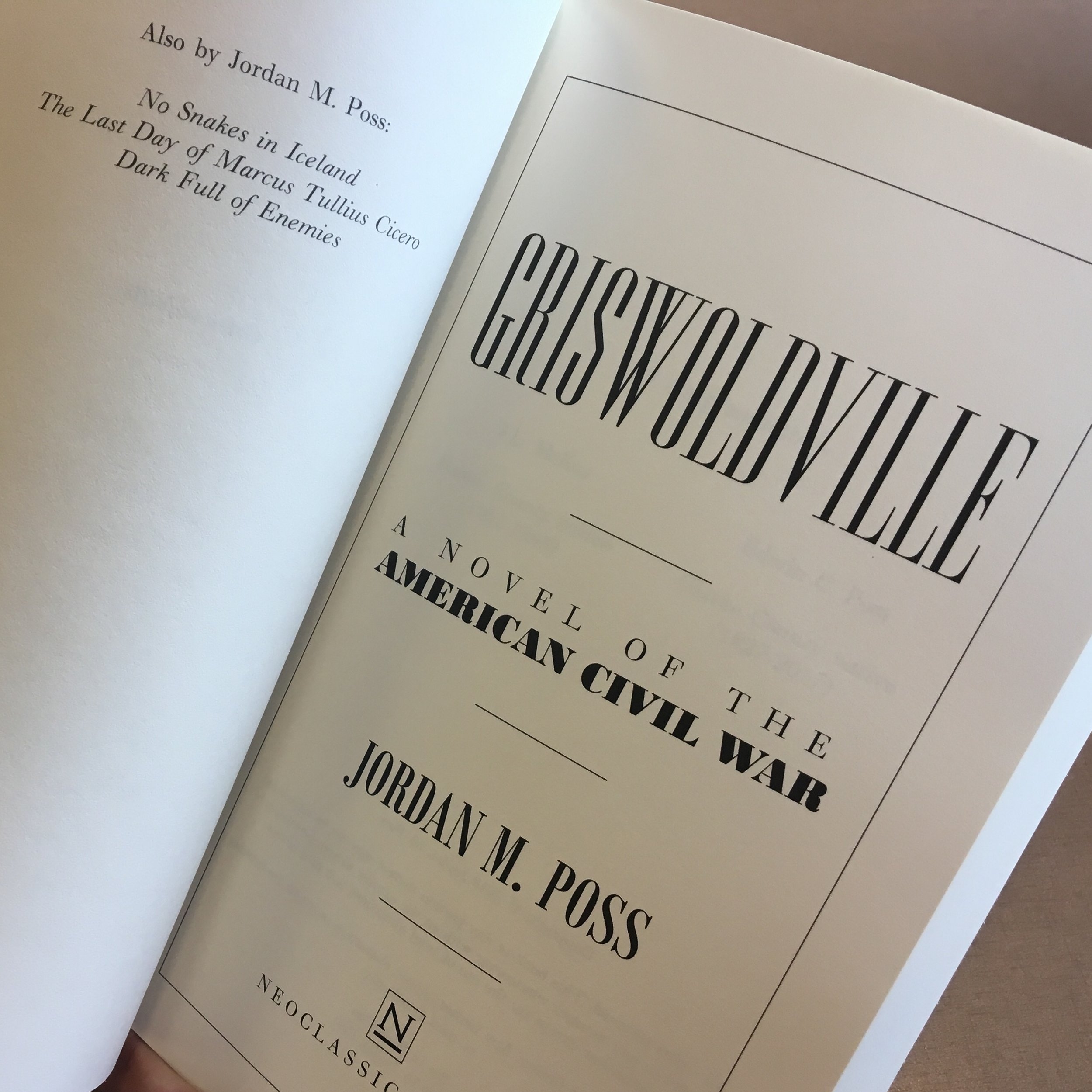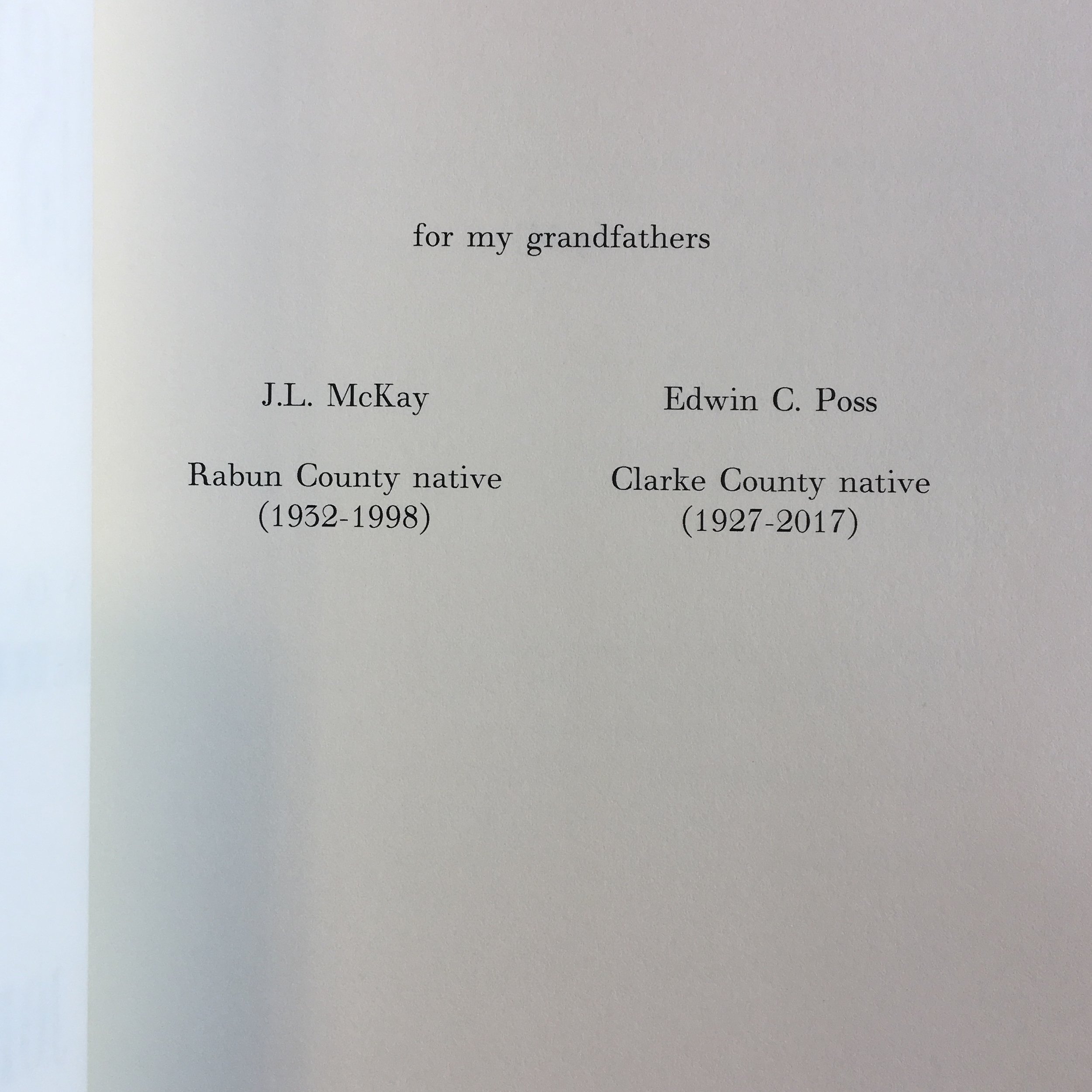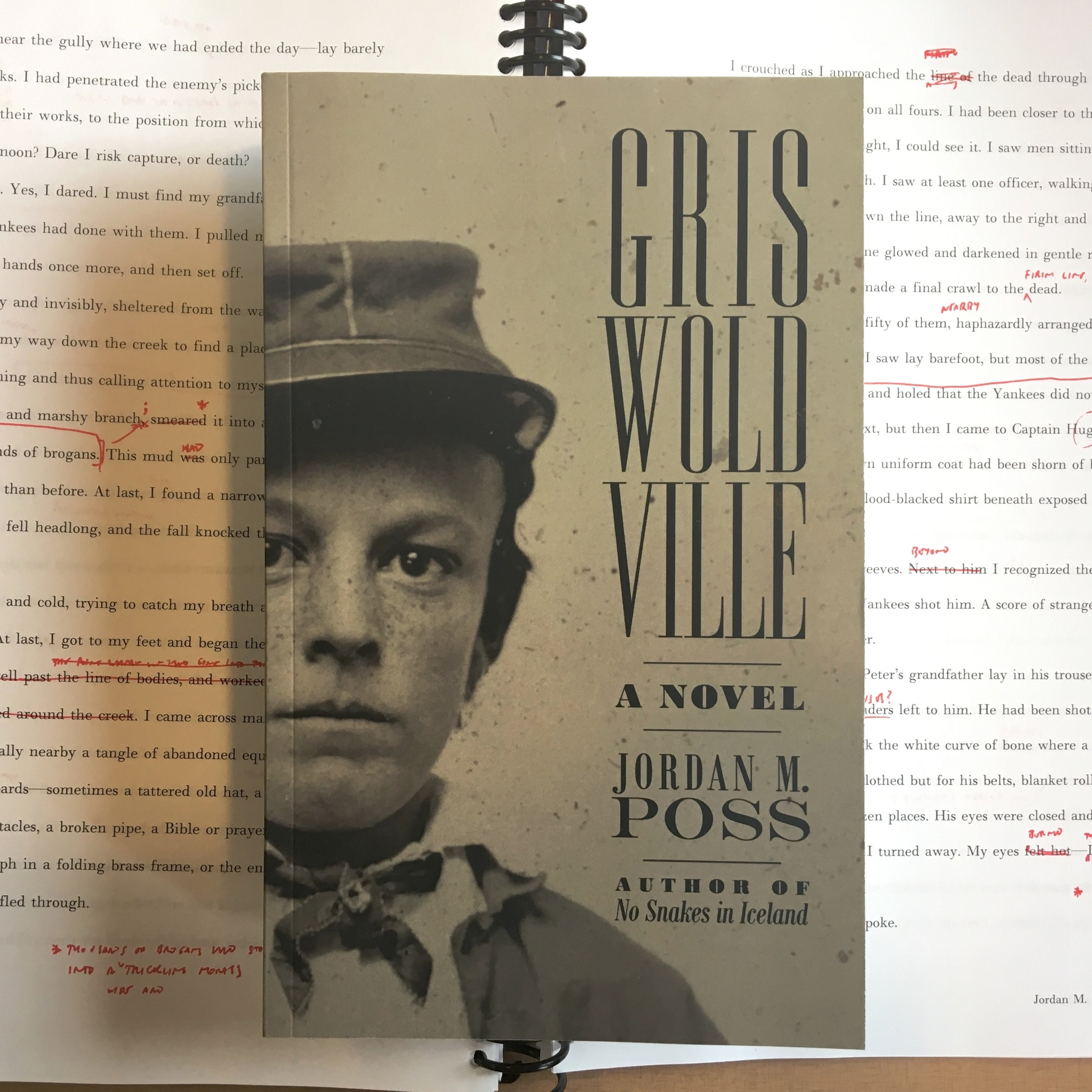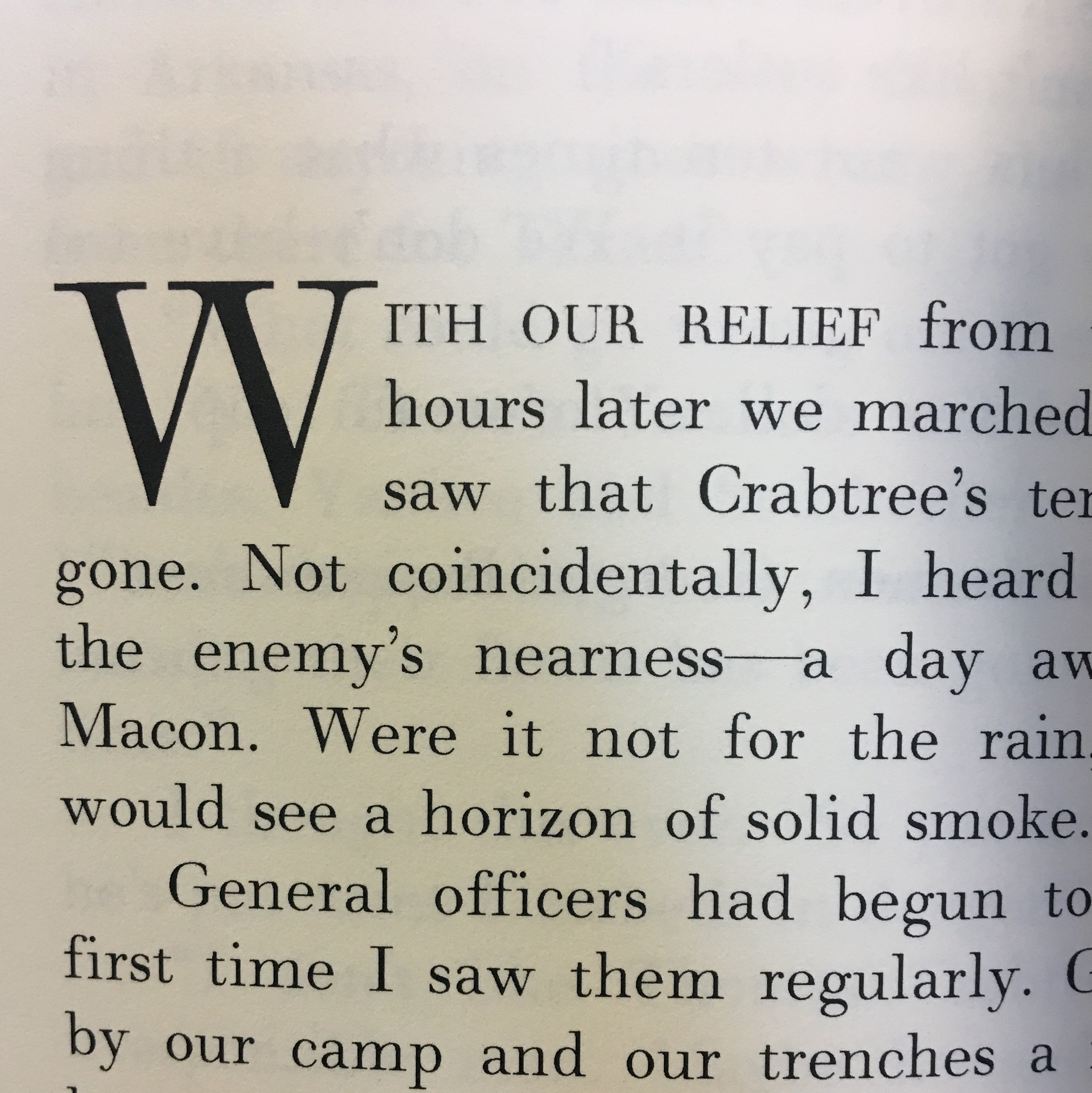The movie surprised me—I actually enjoyed it. It's not a perfect film by any means, but it's not the mess I would have predicted based on the behind-the-scenes stories picked up by the Hollywood press. In fact, it's a mostly fun romp through the margins—the Outer Rim?—of a familiar mythic world.
Among the things Solo does well is create the illusion of a shopworn reality, the much-discussed "world building" of internet nerds. The locations feel lived-in, established, as if they could carry on just fine without our visit. This worked well even in minor parts: the woman working in customs on Corellia and the Imperial recruiter both felt like real people with desk jobs and other things to do. There was also a grit to some of the locations that felt welcome, especially after the shiny digital sterility of the prequels. (For all its flaws, Solo is still better than any of those.) I especially liked the muddy dreckworld—which Wookieepedia informs me is Mimban—where Han serves in the Imperial Army. That handful of scenes feels like a glimpse from behind the lines of an actual army at work, and Han's desperation to get out is palpable.
I also liked the western motifs worked into the visuals and the story. The same way Rogue One unpacked and isolated the war movie elements of the original films, Solo pays homage to the western with gambling in dangerous saloons, remote and desolate landscapes, a train-top robbery by a team of bandits, and even the iconic spaghetti western shot of a hand dangling ready by a holster. The film could have done with a little more of this, I think, but I enjoyed it and it meshed surprisingly well with the heist elements of the plot.
The acting is mostly good as well. Woody Harrelson, adding his subtle Texan attitude to the mix, was very good, and Donald Glover's young, pompous Lando was entertaining. Paul Bettany, who was only brought in for the massive reshoots under new director Ron Howard, was good as the villain despite not having much to work with in the way of character.
Finally, it was nice to see Chewbacca in a pretty prominent role, and his chemistry with Han was the best thing about Han in the film. Chewie even got a bit of a dramatic arc involving the sad fate of his people, who the Empire had relocated from their homes as forced labor—Stalin style. The sight of other Wookiees late in the film was unexpectedly moving.
All of these elements made Solo enjoyable. I was entertained. I liked it. But this was in spite of some evident flaws that I have to point out. I'll just list some:
- Some of the other performances were just passable. Emilia Clarke's Qi'ra comes to mind. She worked well enough with Han but they didn't have enough chemistry to get me invested in the fate of their relationship.
- Related: dramatic irony is a problem—we all know Han is single and on the prowl by the time of the originals.
- The cinematography, especially through the middle sections of the films, is ugly. Bright, hazy backgrounds leave the foreground actors stranded in murk and shadow, especially in any scene with windows. Strange choices, especially since DP Bradford Young did such good work setting mood and atmosphere in Arrival.
- L3, the SJD (Social Justice Droid), was intensely annoying. Imagine a woke Jar Jar Binks who is up on his activist hashtags.
- I couldn't for a moment accept Alden Ehrenreich as a young Harrison Ford. Ehrenreich, who was so good as singing cowboy Hobie Doyle in Hail, Caesar! was miscast here.
This last point is the wound at the center of the film. Ehrenreich, who supposedly required remedial acting lessons for Howard's reshoots (an exaggeration according to him), is clearly doing his best, but he's just wrong for the part. I didn't believe he was the same Han Solo we've seen before, because I couldn't. I'd be curious to see what another frontrunner for the part, Ansel Elgort, would have done with it.
Those things aside, I still want to emphasize how much I enjoyed Solo. By the end of the first act, as Han and Qi'ra race to escape their home planet, I had bought in. It wasn't without reservation, and the film's flaws still stuck out, but I enjoyed it enough that I was glad to overlook those and take the movie on its own terms. With two "A Star Wars Story" films out now—the first of which I consider a success and this one an interesting if unnecessary and insubstantial bit of backstory—I'm interested to see where future installments go.
Memorial Day postscript
Thanks to everyone who picked up a discounted Kindle copy of Dark Full of Enemies over the weekend! I appreciate my readers and hope you all enjoy the book!
















